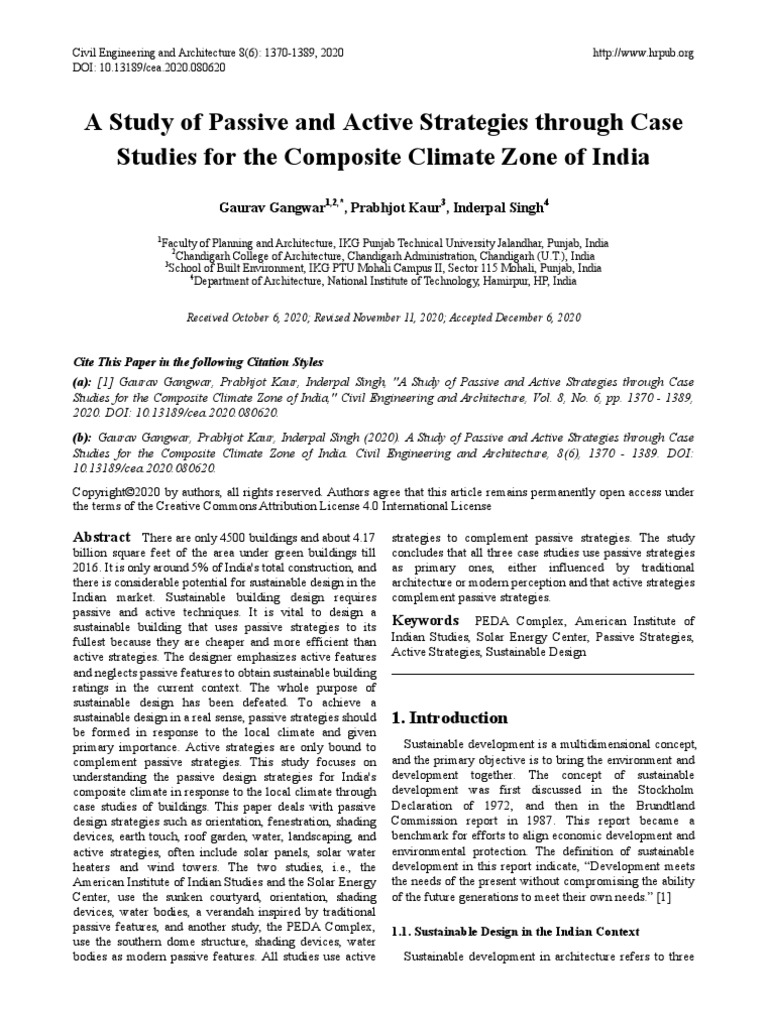The Bahá’í teachings advocate a transformative transition from passive consumption to active stewardship, a paradigm shift that is increasingly essential in today’s world. This shift is rooted in the spiritual, ethical, and practical implications of our interactions with humanity and the environment. Understanding the nuances of this transition involves examining the philosophy underlying Bahá’í teachings and how these principles resonate with contemporary challenges.
At its essence, passive consumption is a behavior characterized by an uncritical acceptance of available resources without regard for their origin or sustainability. Conversely, active stewardship embodies a proactive approach, wherein individuals take responsibility for their environmental, social, and economic impact. The Bahá’í Faith imparts values that encourage individuals to transcend mere consumption, urging them to engage in sustainable practices that promote the well-being of all creation.
One of the cornerstones of Bahá’í principles is the interconnectedness of humanity. This belief posits that all individuals are part of a broader tapestry of life, where the actions of one can have profound implications for the whole. This interconnectedness is a compelling reason for individuals to move beyond passive consumption, as it cultivates a sense of responsibility. When individuals recognize their role as global citizens, they are inspired to participate in stewardship efforts that benefit society and the environment. In this light, the teachings emphasize that the health of the planet correlates directly with the well-being of all its inhabitants.
Moreover, the Bahá’í Faith places significant emphasis on justice and equity. As societies grapple with issues of inequality and environmental degradation, the call for active stewardship becomes evident. Bahá’ís are encouraged to examine not only their personal consumption habits but also the systemic structures that contribute to injustice. This critical consciousness fosters a desire to advocate for sustainable policies and practices that align with the ethical imperatives of justice and sustainability.
Active stewardship in the Bahá’í context also encompasses the moral obligation to protect natural resources. The concept of the earth as a shared trust is a recurrent theme in Bahá’í literature. The act of degrading the environment or exploiting resources without regard for future generations contradicts the principles of responsible stewardship. This teaching encourages individuals to adopt sustainable practices such as reducing waste, conserving energy, and replenishing natural ecosystems. By fostering a culture of sustainability, Bahá’ís not only enhance their personal environments but also contribute to a global movement towards ecological balance.
Furthermore, the Bahá’í teachings encourage the development of one’s capacities and talents as a form of stewardship. Each individual possesses unique abilities that, when nurtured and applied within the community context, can lead to profound change. This notion beckons individuals to actively engage in personal development and collective upliftment. Whether through education, community service, or artistic expression, Bahá’í teachings advocate for proactive participation in societal advancement as essential to transforming passive consumption into active contributions.
In an age marked by consumerism, the allure of convenience often leads individuals to prioritize immediate gratification over long-term well-being. Bahá’í teachings challenge this norm, urging individuals to adopt a holistic perspective that values foresight and sustainability. The movement towards active stewardship demands a reconsideration of consumption patterns, encouraging individuals to seek meaningful engagement with the world around them. This approach nurtures a sense of belonging and purpose, transcending the superficial allure of consumer goods.
Community building is another integral aspect of the Bahá’í approach to stewardship. The Faith emphasizes the importance of collaboration and collective action as vehicles for achieving societal change. By fostering an environment of cooperation and support, Bahá’ís can implement initiatives that address local and global challenges. This communal approach not only strengthens social ties but also amplifies the impact of stewardship efforts, leading to a ripple effect of positive change.
Education is a pivotal element of the Bahá’í teachings. Through education, individuals can become more informed consumers and stewards. The emphasis on moral and ethical learning equips individuals with the tools necessary to critically assess their choices and their consequences. Programs that promote environmental awareness, social justice, and sustainable living serve to cultivate a generation of active stewards poised to confront the pressing challenges of their time.
Moreover, Bahá’í teachings encourage adaptability and innovation in the face of dynamic global issues. As the world grapples with the complexities of climate change, resource depletion, and social inequality, the call for adaptable stewardship becomes increasingly urgent. Transcending passive consumption necessitates embracing creativity and collaboration in devising sustainable solutions. The Bahá’í community is urged to consider new technologies, foster holistic perspectives, and engage with diverse perspectives to address contemporary challenges effectively.
Finally, the transition from passive consumption to active stewardship mirrors spiritual evolution. As individuals grow in their understanding of their interconnectedness with all life, they naturally gravitate towards actions that reflect their beliefs. This synthesis of spirituality and stewardship is fundamental to living a life grounded in Bahá’í principles. The act of engaging with the world meaningfully fosters spiritual maturity, rendering individuals not merely consumers but active custodians of the earth.
In conclusion, the Bahá’í teachings provide an intricate framework that calls humanity to transition from passive consumption to active stewardship. By embracing interconnectedness, justice, personal development, community building, education, adaptability, and spiritual evolution, individuals can contribute to a more sustainable and equitable world. The journey of stewardship is not just a personal endeavor but a collective responsibility, resonating deeply with the Bahá’í principle of unity and shared destiny. In this concerted effort, hope emerges, and the vision of a better future becomes attainable.
